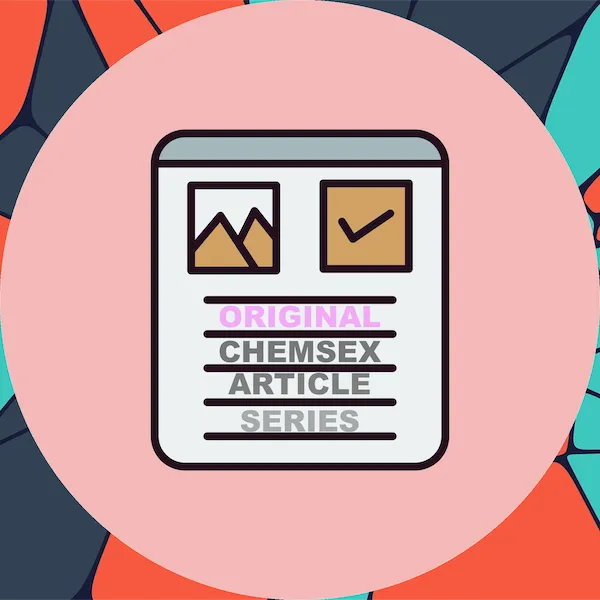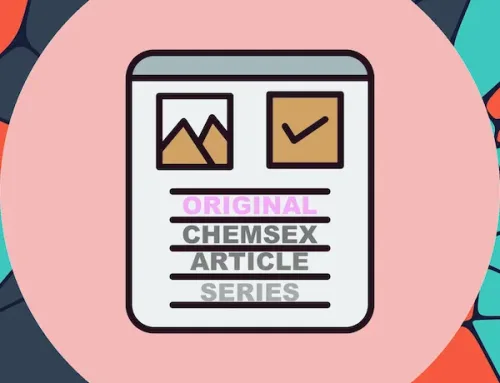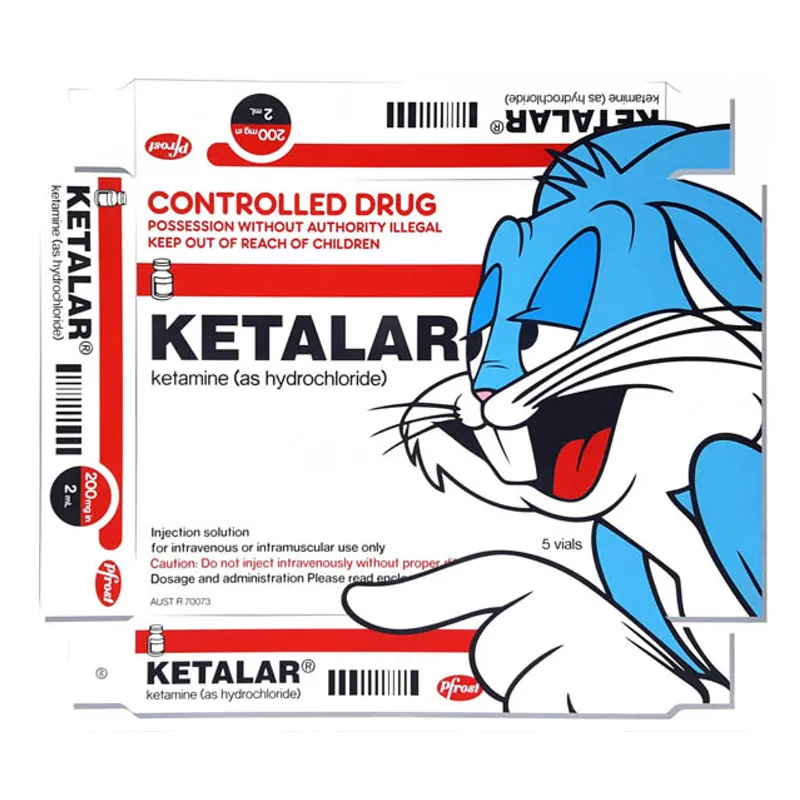Chemsex and sex work
Chemsex is a term used to describe the sexual practice of using psychoactive drugs, such as MDMA and crystal meth, in order to enhance sexual pleasure. Commonly associated with the LGBTQ+ community, chemsex has become increasingly popular in recent years, with an estimated 20-25% of homosexual men engaging in the practice at least once in their lifetime.
The use of psychoactive drugs in conjunction with sex has been around for decades, yet chemsex has become a more visible trend in recent years due to the rise of internet-organised drug use, and the development of new chemsex-specific drugs. Chemsex is often linked with sex work, as drug use can reduce the inhibitions of sex workers, making them more willing to engage in risky behaviors, such as unprotected sex.
The dangers of chemsex are well documented, and include an increased risk of HIV and other STIs, mental health issues, and addiction. Accurately measuring the extent of chemsex-related harm is difficult as it often takes place in private settings. However, there is no doubt that the drugs used in chemsex can have serious health risks for both individuals and the wider community.
In response to these risks, the UK government has implemented a number of initiatives to reduce the harm associated with chemsex, including HIV and sexual health testing, harm reduction advice, and anti-stigma campaigns. Despite these efforts, chemsex and sex work remain a controversial topic, with many arguing that the use of drugs to enhance sexual pleasure should not be tolerated.
Meta






